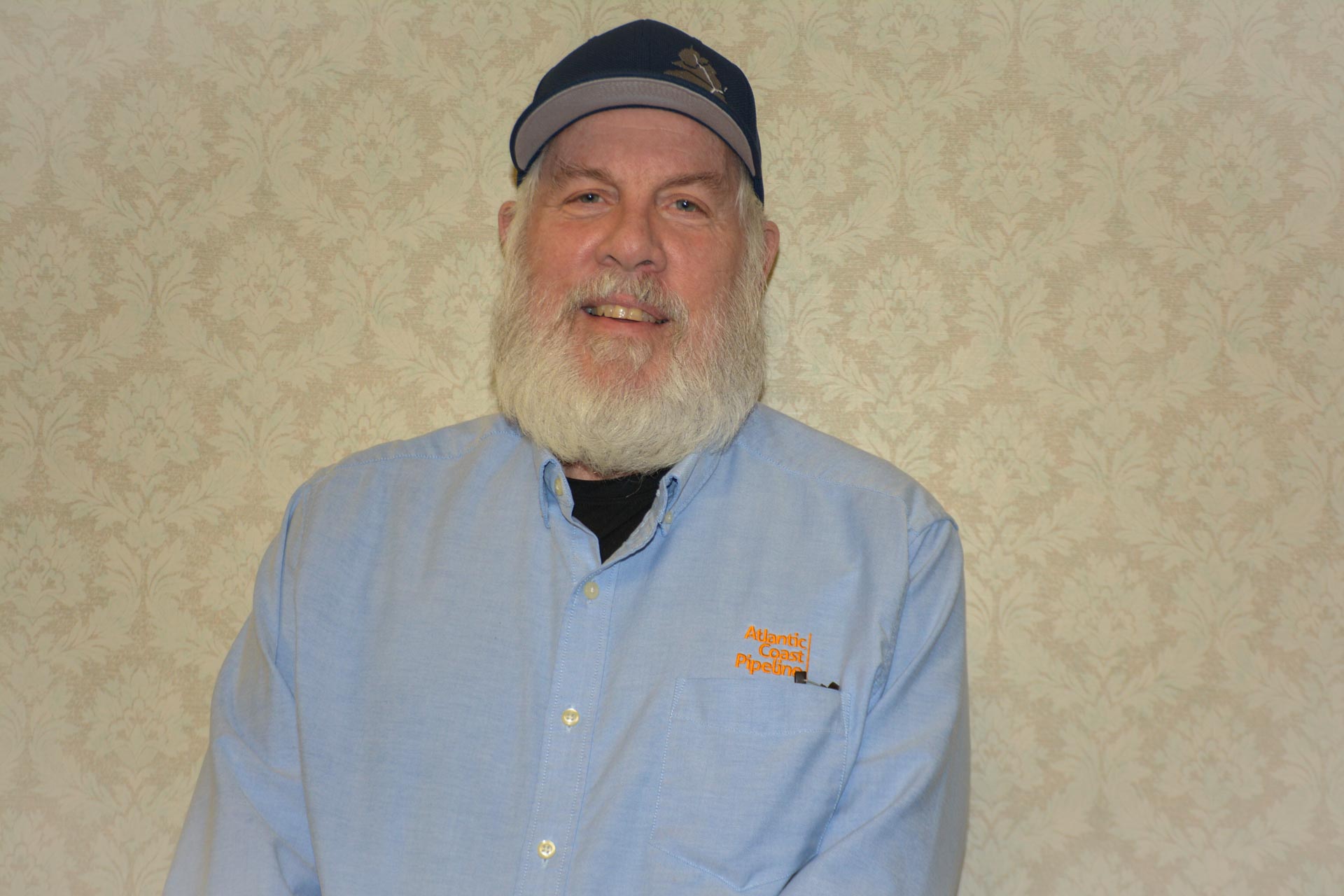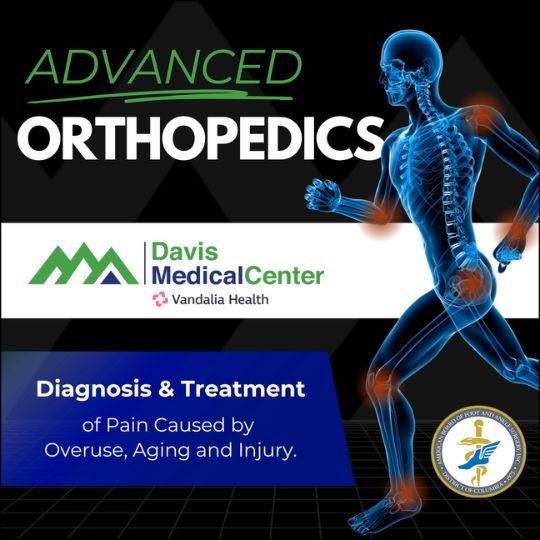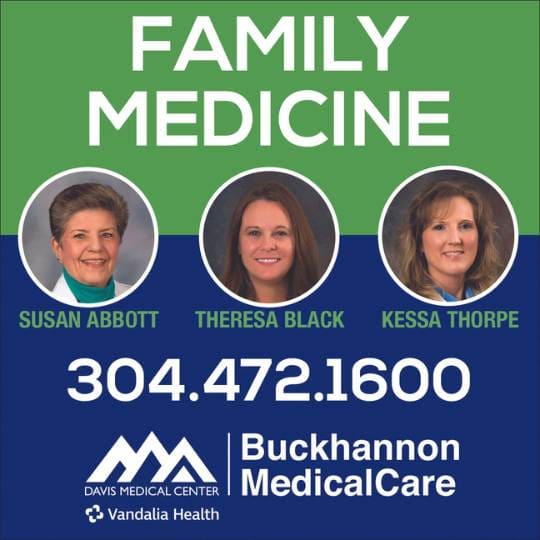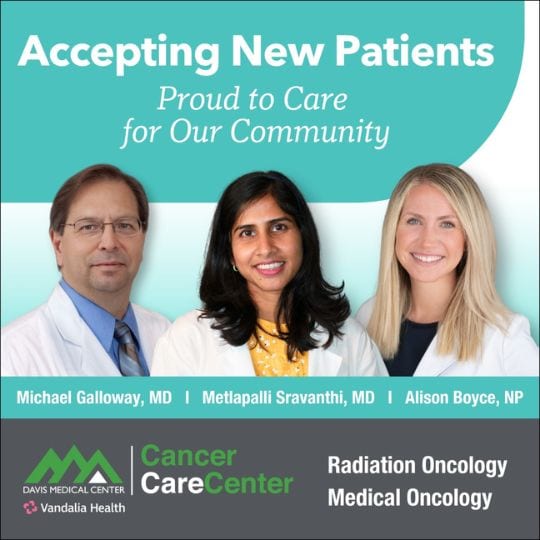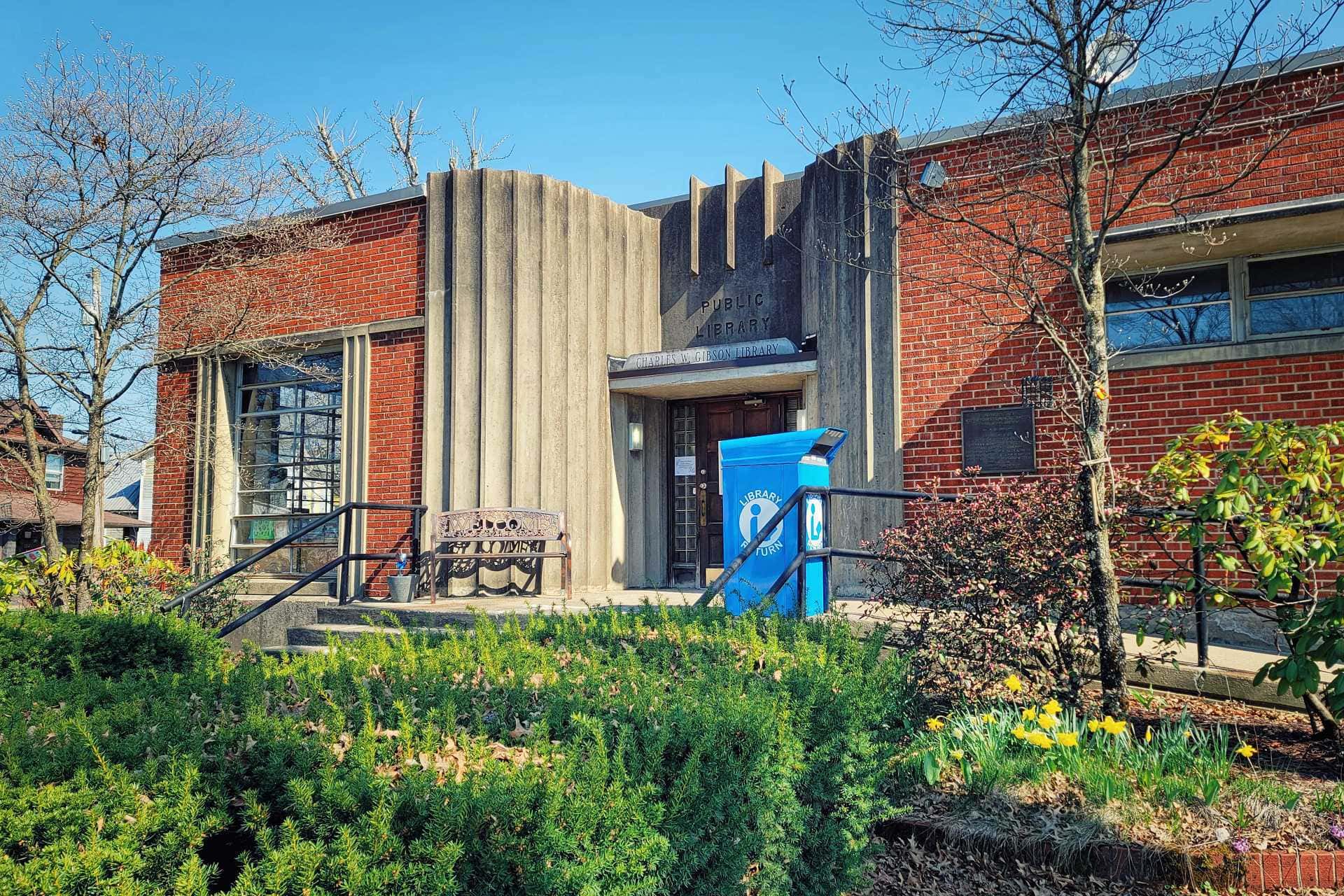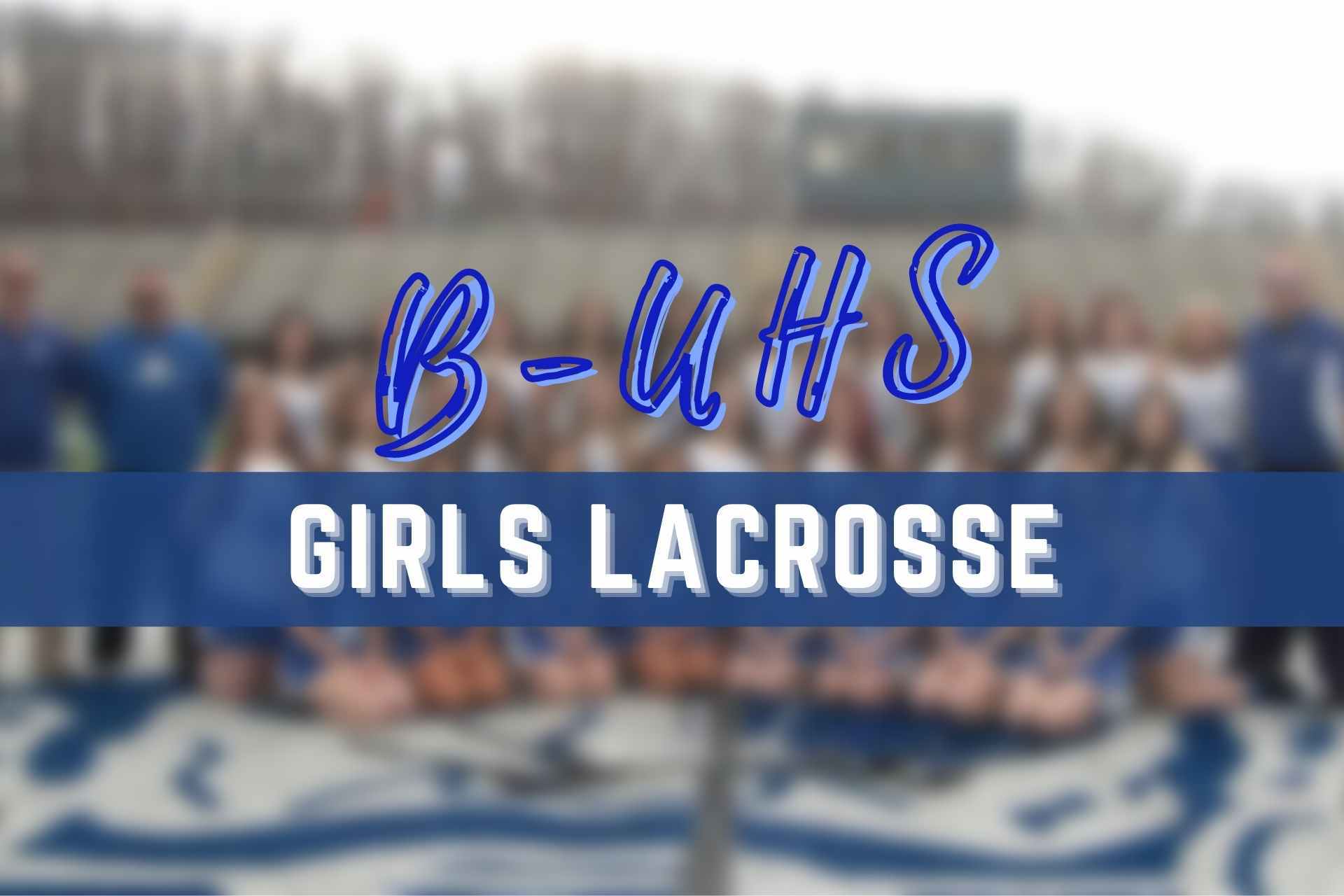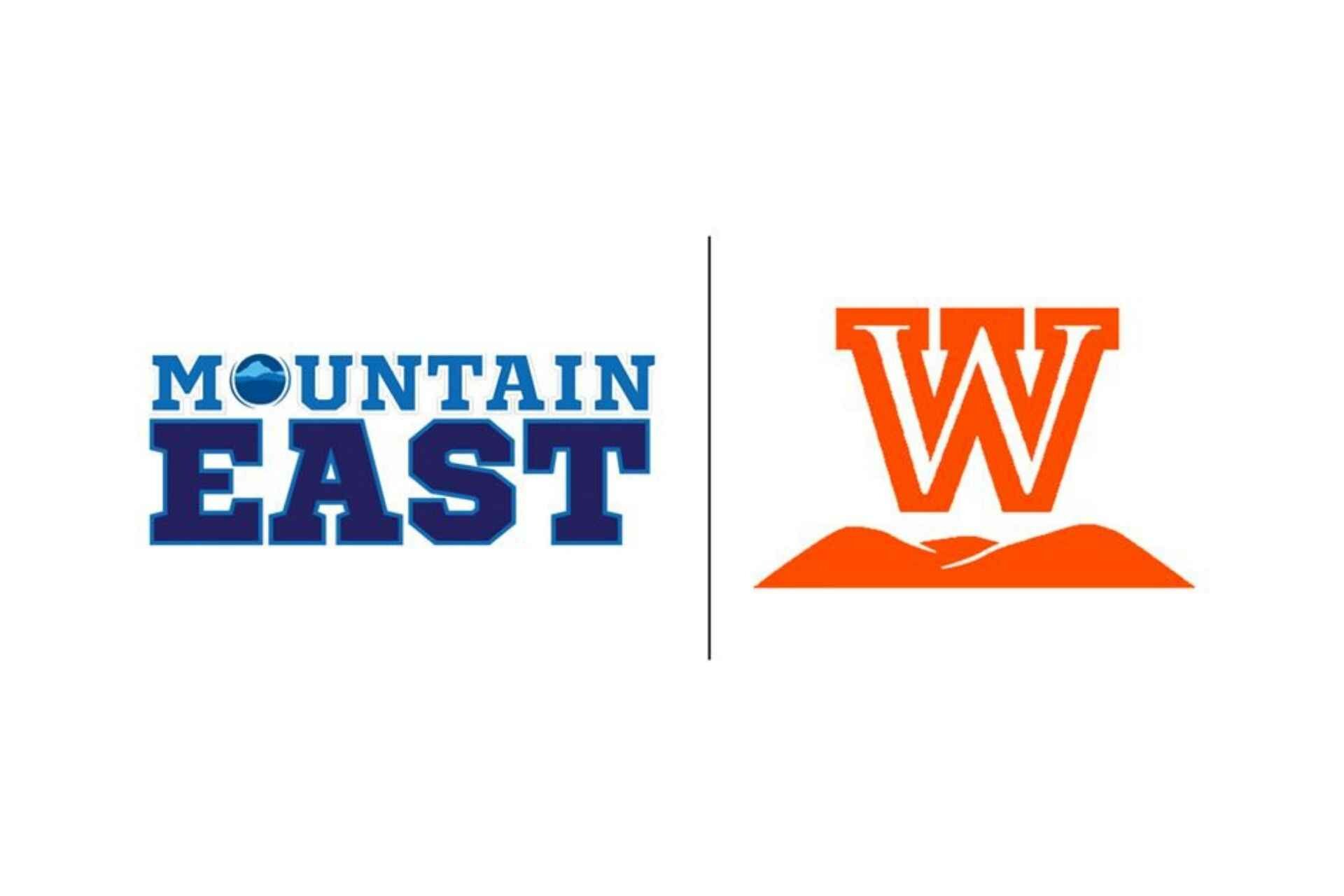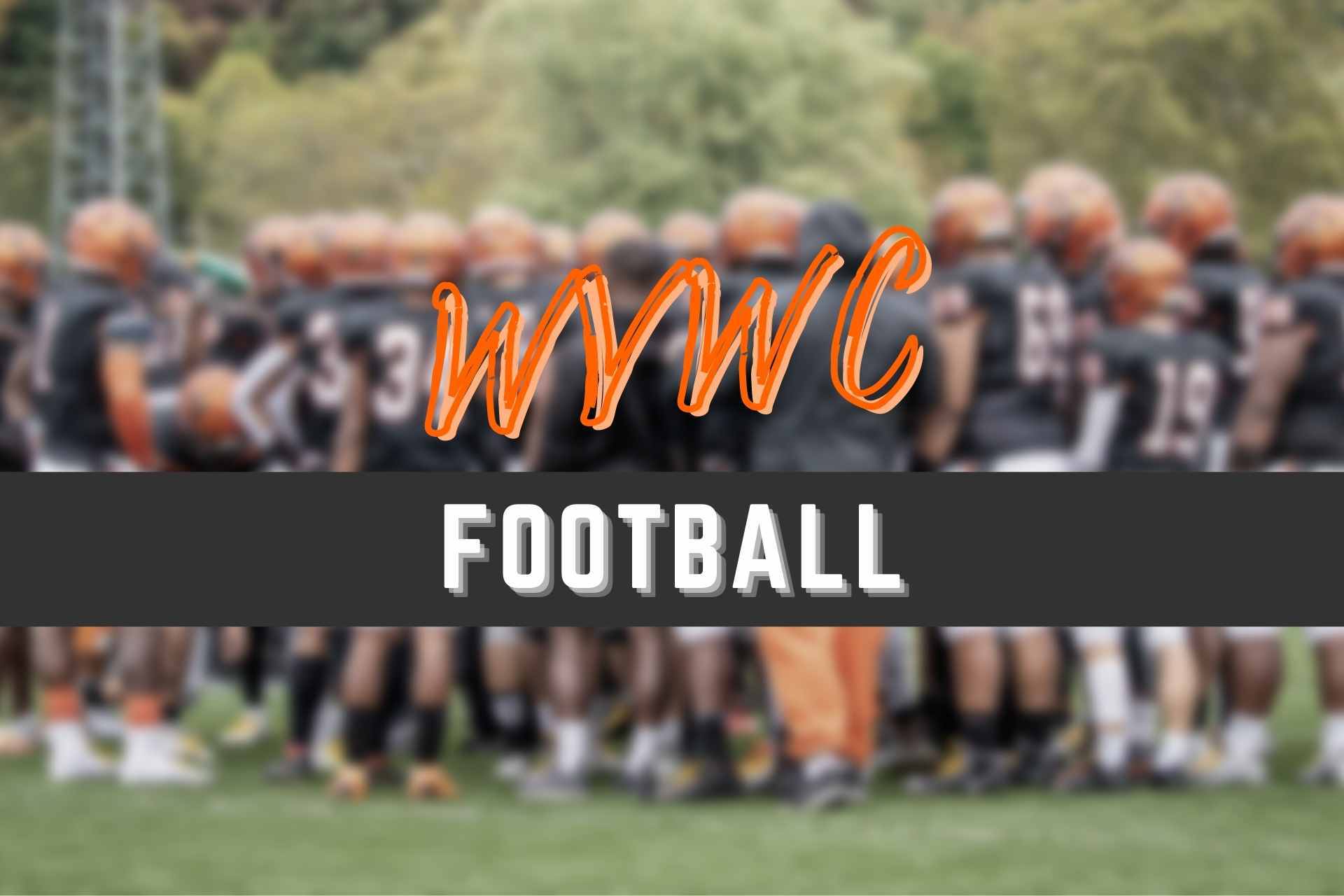BUCKHANNON – You can find him at mid-row at every bimonthly Buckhannon City Council meeting on Thursday nights year-round, and on Friday nights in the summer, he’s in Jawbone Park helping Buck Edwards roast chicken for Festival Fridays.
He’s involved in the elementary school backpack program, Create Buckhannon and with the Buckhannon-Upshur Chamber of Commerce.
In fact, one might say Mike Cozad takes the ‘community’ part of his title as community liaison for the Atlantic Coast Pipeline seriously.
Interacting with people in small groups or one-on-one is Cozad’s favorite part of his job, he told My Buckhannon during a recent interview. Cozad is the community liaison for the 42-inch-wide 600-mile-long natural gas pipeline, construction of which is likely to reup this summer. And although the pipeline is on hold for now, Cozad, whose primary residence is just off the parkway in Pittsburgh, has developed an affinity for the small town of Buckhannon that surprised even him.
On a recent Thursday in December over coffee, Cozad talked about why he likes it here, his wide-ranging employment history, what he does behind the scenes and where he wants to travel when he retires.
Cozad is employed by Environmental Resource Management, an international provider of environmental, health and safety consulting services headquartered in London. Prior to accepting a position with ERM, he worked for Doyle Land Services in the area beginning in 2014, and although he enjoyed the scenic mountain views, he didn’t get much of a chance to make a home among the hills.
After all, he only spent about 25 percent of his time in West Virginia because work duties took him to neighboring states.
“I was spending about 150 nights a year in hotels, and being on the road all the time really started to take a toll on me, so a little over two years ago, when this role – this position of community liaison – became available, I said, ‘hey, you know what? I need to quit running around.’”
Cozad says the community liaison position was ideal. Sure, part of his role is to attend governmental meetings and keep up with community developments, but behind the scenes, there’s much more to it than that.
“Part of my job is what you see me doing, but I also have responsibilities for the workers and what’s going on with them,” he said. “So, I’m working with the hotels, the campgrounds and all the other places our workers have interactions to make sure everything’s going as smoothly as it possibly can.”
He also fields questions from both inside and outside the industry.
“It’s all those aspects, that, in a normal pipeline job, you wouldn’t have any idea where to go or what to do,” he said, “so, it’s really useful to have someone handing out cards and saying, ‘if you’ve got any questions about the pipeline, give me a call.’”
Cozad says his career evolved into the role he currently occupies.
“I have an interesting work history,” he said. “I was a military guy – I was in the Air Force – and I was a computer programmer for about 20 years. I was a real estate agent, and it just evolved into this. I had a friend who took me out one day and showed me what he did, and I thought, ‘wow, I could see myself doing that.”
Cozad’s current gig reminds him of the face-to-face interaction he enjoyed while working with landowners.
“Getting back into this role has allowed me to be out in the community making relationships, talking to people and renewing the connections that I like to make, which is dealing one-on-one with people,” he said.
Buckhannon is rare in a couple ways, one of which is its vibrant downtown, which he says Create Buckhannon has been instrumental in enhancing. A nonpartisan community-focused group is a jewel to be treasured these days, he said.
“That doesn’t exist hardly anywhere else that I can think of,” Cozad said. “The fact that you’ve got these civic-minded people who aren’t interested in the politics of it, who aren’t interested in anything else [is rare]. They’re just interested in, ‘how can we make the community a better community?’ And that dedication to that cause is refreshing, and I think it’s one of the reasons you see things happening here in town that aren’t happening other places.”
And while tensions flare on social media in virtually every place, Cozad said even West Virginians who are staunchly opposed to the construction of the pipeline – either due to environmental concerns, property rights or both – have always been willing to engage in a civil dialogue with him.
“I was extra surprised by how welcoming everyone was here in Buckhannon,” he said. “I’ve had literally no issues with anyone here in town, which I think is phenomenal. Even some of the opposition folks who were dead-set against who I represent and everything else about the pipeline, they’ve become people I could sit down and have a pleasant conversation with, and that doesn’t happen everywhere else.”
“We don’t always agree at the end of the day, but we can talk, and I better understand where they’re coming from, and they better understand where I’m coming from, and that’s the way it should be,” he added. “I couldn’t do that same thing, probably, in Virginia.”
Construction on the ACP – which has encountered a series of obstacles including opposition from environmental advocacy groups and legal challenges – could begin this summer after the U.S. Supreme Court rules on whether the pipeline can be run under the Appalachian Trail. The U.S. Supreme Court is set to hear arguments in that case Feb. 24, and a ruling should be issued by June 2020. Construction of ACP has been on hold since Dominion Energy, the primary owner and operator of the pipeline, voluntarily suspended construction on the project in mid-December 2018 following a series of court rulings issued by the U.S. Court of Appeals for the Fourth Circuit.
The ruling invalidating several permits necessary to continue building the line, according to a previous story.
Cozad said he’s optimistic ACP, which will cross Virginia and into North Carolina, will be finished.
“The fact that [the Supreme Court] took the case at all, we believe, is a good sign because they obviously thought there was something with that way they interpreted the laws and the ruling they made or they probably wouldn’t take the case, so we feel pretty good about the outcome,” Cozad said. “As soon as that ruling comes down, all the issues should be resolved, and we can get back to work.”
Two more construction seasons are necessary to complete the line, he said, with work wrapping up at the end of 2021.
In the meantime, you can likely find Cozad stuffing backpacks with Donnie Tackett, the organizer of an elementary school backpack program that ensures kids don’t go hungry on the weekends by supplying them with a variety of nonperishable snacks and meals. The backpack program is especially meaningful to him.
“What has really been a lightbulb going off for me is realizing how many nonparents are taking care of these kids these days,” Cozad said. “With the addiction epidemic, sometimes the parents are just nowhere to be found, and when I heard some of the stats on how many kids are being taken care of by their grandparents and aunts and uncles or whatever and a lot of them are on fixed incomes and don’t have the resources, I decided the backpack program is far and away the best thing that I feel I can devote my time and resources to.”
When he retires – which he says will coincide with the completion of ACP – Cozad plans to travel to Europe, Hawaii and other Pacific islands.
“I have a long list of places I want to go,” he said, “but I will finish this up, whatever it takes. I’ve got too much invested in it.”
